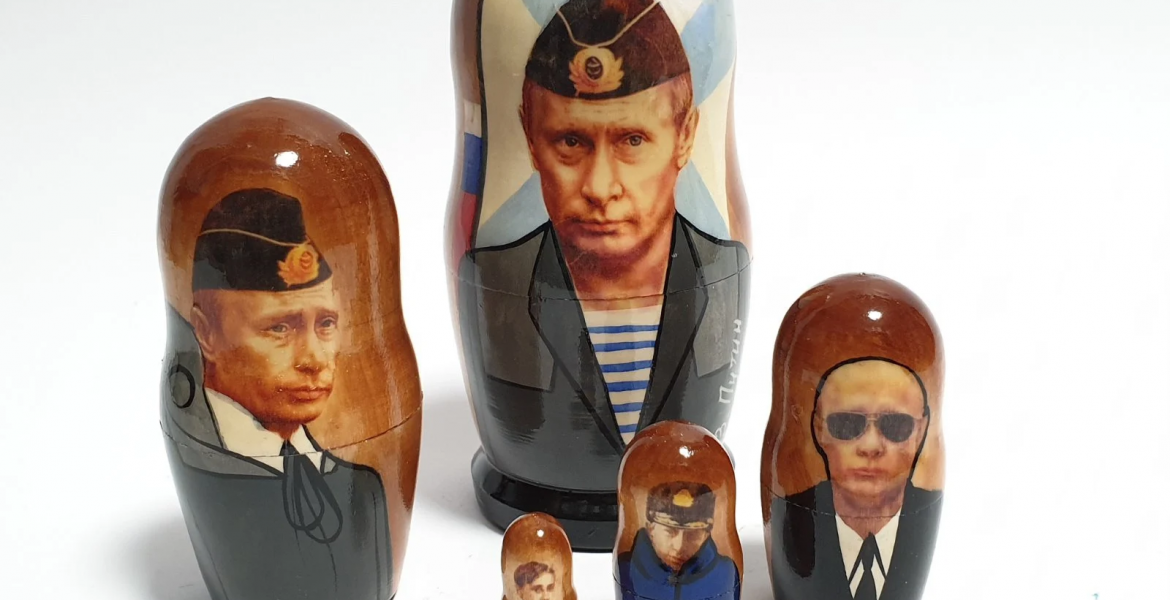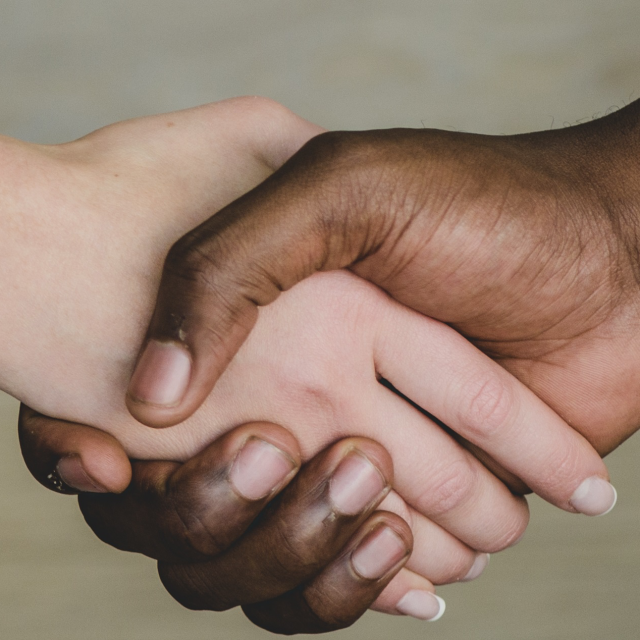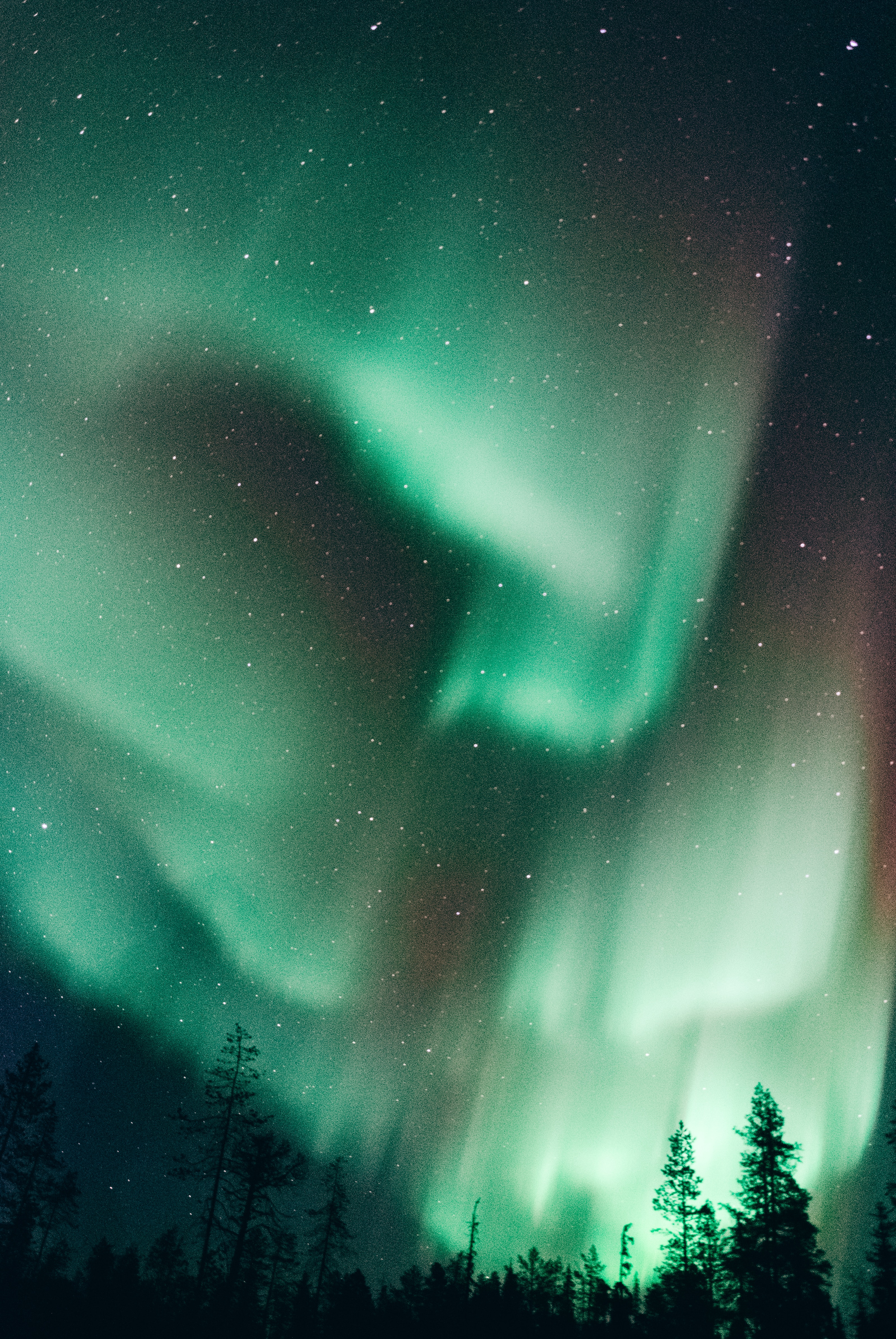The US announced a ban on imports of Russian oil and gas, while the EU and the WB has promised to start intensive work in this direction so that the first results would be visible by the end of this year. Both the old sanctions against Russia (introduced after the military occupation of Crimea) and these new restrictive measures are having an effect, but they are achieving a slow suffocation rather than instant strangulation.
US journalists asked the well-known Russian economist and opposition leader (who has been working in the USA for many years) Vladislav L. Inozemtsev, what else could the West theoretically do to speed up the end of the war in Ukraine and bring the internal political transformation of the Russian Federation closer? In Inozemtsev’s opinion, today about 3.5 million holders of Russian passports live outside Russia (mainly in the West) – and he thinks their visas should be canceled immediately. It is unlikely that new visas would be issued to residents of a state that has committed a blatant act of aggression similar in many respects to the invasion of Poland by the Third Reich in 1939.
According to Inozemtsev, all citizens of the Russian Federation should feel in their own skin what the new “Iron Curtain” means. Most of the 150m residents of Russia are extremely passive, intimidated by law enforcement agencies and drugged by Kremlin propagandists. According to the statistics of the Ministry of Foreign Affairs of the Russian Federation, 80% of Russians have never left the borders of their country. The remaining 20% have traveled mostly to the resorts of Turkey, Egypt, Thailand and Sri Lanka for recreation. Few have been exposed to the cultural heritage and everyday life of the EU and the US, and they have drawn information about Western political activity almost exclusively from state-owned television channels and other media controlled by the Kremlin.
Accordingly, the forced return to Russia of about 3.5 million active citizens who have had time to get a taste of liberal democracy and the global economy might undermine the foundations of Putin’s authoritarian regime. Deprived of their usual friends and jobs, finding themselves in an autocracy based purely on agriculture, in a police state that violates any rights and freedoms, these 3.5 million “other Russians” would have to react somehow, according to Inozemtsev.
It would indeed be very useful to take a closer look at migrants from Russia who have settled in European states and other countries of the free world. I fear that to the contrary, we might find that many Russians living in Europe are ambivalent. That is to say, they may be grateful to Europe for accepting them, but, at the same time, they do not necessarily respect the values of their host nations, maintaining a sense of superiority for everything Russian. They support democracy, but no one would dare to discredit the internal structure of Putin’s neo-empire, with its authoritarianism, chauvinism and caste system. They are in favour of fair elections, but still consider Putin the greatest leader of our time. They are for freedom of speech, but against the closure of Russian TV channels in the EU.
After Russia’s military invasion of Ukraine, Russians living in Europe began to express themselves in different ways, but within a fairly narrow spectrum: “ordinary people in the Russian Federation are not to blame for anything, it’s all the fault of Putin personally”; “we are for peace and against war, but we have nothing to do with it”; “Russians are on the same side that suffered in this war, just like the Ukrainians, and you cannot say that they have suffered in a different way”; “it is difficult for us to understand the cause of the current situation”; “we are not interested in politics and we don’t understand why it all started”; “everything is so ambiguous and therefore I will not speak on this topic” …
The majority of Russians living in the EU may be innocent, ignorant, confused people but they are firmly convinced that “ordinary Russians are not to blame for anything.” During the 14 days of Russia’s invasion (literally, 150,000 heavily armed citizens of the Russian Federation) into Ukraine, the majority of Russians settled in the EU still do not doubt their own innocence about the outbreak of war, not even a hint of any kind of guilt complex. Maybe Inozemtsev is right, and all these people could benefit from returning to their homeland, understanding what is happening there and conveying the their understanding of the new reality to their loved ones, relatives and fellow citizens.
For 30 years after the collapse of the USSR, people leaving the Russian Federation tried to assure the whole world that Putin’s neo-empire is being built and strengthened by very bad, incorrigible people, while they are representatives of the “other Russia” – good, correct, peaceful and friendly. And someday, finally, the day will come when their help in their homeland will be needed, and they will begin to build “another Russia” inside the Russian Federation. Perhaps that day may have arrived?




